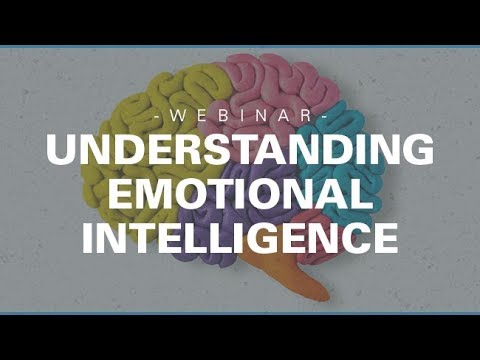Understanding Emotional Intelligence and Its Importance in the Workplace

Understanding Emotional Intelligence and Its Importance in the Workplace
Emotional Intelligence (EI) is a set of skills that enable us to recognize and manage emotions in ourselves, as well as in other people. It has been shown to play an important role in a successful workplace. By understanding EI, we can use it to create a better working environment, foster better connections between colleagues, and improve performance and overall productivity.
What is Emotional Intelligence?
Emotional intelligence involves understanding and managing emotions. It involves recognizing our own feelings and those of others, and using that knowledge to respond in appropriate ways. It includes such traits as:
- Self-awareness
- Emotional regulation
- Empathy
- Self-motivation
- Influencing others
- Interpersonal skills
The Benefits of Emotional Intelligence in the Workplace
Having a high degree of emotional intelligence can be beneficial in many different ways to a workplace.
- Fostering better relationships: People who are emotionally intelligent are more likely to build trust and develop good relationships, both with their colleagues and clients. This makes for a more productive and enjoyable working environment.
- Improving communication: People with EI are better able to understand and interpret what others are saying and feeling. This helps to ensure that people can communicate effectively and without misunderstanding each other, which is essential for problem solving, negotiation, and collaboration.
- Increasing adaptability: People with high EI have the ability to adjust their approach and attitude depending on the situation. This helps them to be flexible and react quickly to a changing environment.
- Improving decision making: People with EI are more likely to be able to make effective decisions. This is because they are able to consider not only what they think but also how their decisions will affect those around them.
Developing Emotional Intelligence
It is possible to improve emotional intelligence by learning more about it and developing the skills associated with it. Here are some tips to help you do this:
- Take some time to understand your own thoughts and feelings – try to identify and label your emotions, as well as explore what is causing them.
- Expand your emotional vocabulary – try to learn new words to describe different feelings.
- Develop better communication skills – learn how to really listen to others, and make sure to express your own thoughts and feelings clearly.
- Learn to control your emotions – try to take a step back when you feel overwhelmed and take some deep breaths before responding to difficult situations.
- Practice empathy – try to understand the perspectives of others and look at situations from their point of view.
- Focus on self-reflection – reflect on the interactions you have with others, the decisions you make, and how your emotions have impacted them.
Conclusion
Emotional intelligence is an important part of creating a successful workplace. By developing these skills, we can create a better working environment, foster better relationships between colleagues, and improve performance and overall productivity.




